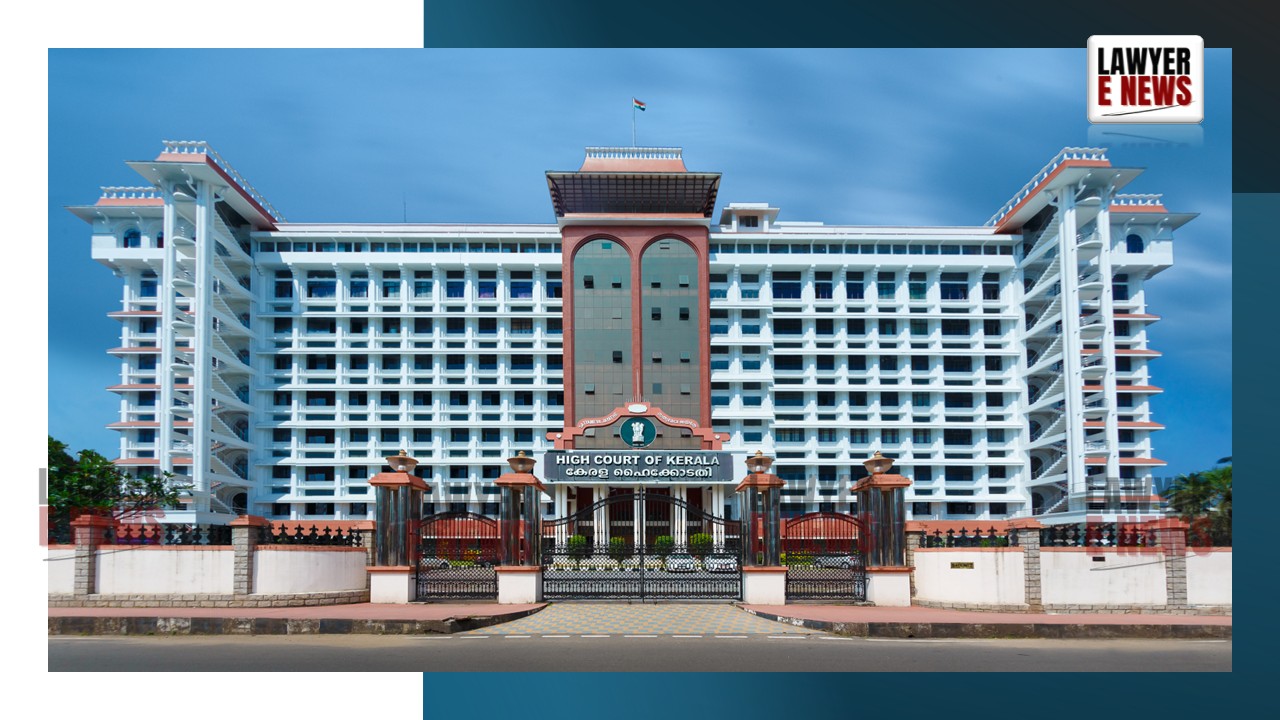-
by Admin
15 February 2026 5:35 AM



Kerala High Court, comprising Justice Anil K. Narendran and Justice P.G. Ajithkumar, delivered a significant judgment in the matter concerning the selection of Melsanthies for Sabarimala Sree Dharmashastha Temple and Malikappuram Temple for the year 1200 ME (2024-25). The court criticized the Travancore Devaswom Board for procedural lapses and non-compliance with previous court directives regarding the experience certification process for candidates.
The case arose from the Special Commissioner's Report No. 67 of 2024, filed by the Special Commissioner for Sabarimala. The report highlighted irregularities in the Melsanthi (head priest) selection process for the Sabarimala and Malikappuram temples, particularly concerning the Board’s handling of experience certificates and appeals from rejected candidates.
The issue was brought to the court's attention after complaints emerged that candidates without the required 10 years of continuous experience as Melsanthi were being considered for the selection. These candidates were allowed to submit fresh experience certificates, which was against the High Court’s 2022 directive that experience certificates could not be substituted once submitted.
In its detailed judgment, the High Court noted multiple violations by the Travancore Devaswom Board:
Violation of Court Orders: Despite a clear directive from the court in DBA No. 5 of 2022 that candidates should not be allowed to substitute experience certificates after submission, the Board granted several candidates the opportunity to do so. The court emphasized that the Board’s actions were “in violation of the specific direction contained in the order”.
Lack of Transparency in Appeals: The court found that the Board did not provide clear reasons for allowing or rejecting appeals against disqualification by the Chief Vigilance and Security Officer. According to the court, “the Board while exercising the appellate powers… has to state reasons for overruling the adverse recommendations”.
Disparity in Marks Awarded by Tantries: The court pointed out significant disparities in the marks awarded by the selection committee members, particularly between the Senior Tantri, Junior Tantri of Thazhamon Illam, and an outside Tantri. It was observed that in some cases, the outside Tantri awarded the full 30 marks, which raised concerns about the transparency and fairness of the evaluation process.
Specific Candidates Involved: Fresh Experience Certificates and Disqualifications
The court addressed individual cases where candidates were allowed to submit fresh experience certificates or had their appeals upheld despite not meeting the requirements:
Pramod M. and Yogesh Nampoothiri T.K., candidates for both Sabarimala and Malikappuram, were allowed to participate in the selection process despite initial disqualification based on insufficient experience. The court found no clear reasoning for the Board’s decision to overturn the rejections.
In Pramod M.’s case, the court noted that he was allowed to submit a new experience certificate, despite the original rejection due to a lack of proof that the temple where he worked conducted three poojas daily as required by the notification.
The court expressed strong disapproval of the Board’s procedural failures, stating that “the conduct of the Board in issuing such a notification without making specific provisions in terms of the directions… has to be deprecated in the strongest words”. The court also pointed out the importance of transparency and fairness in the selection of Melsanthies, as these are key religious positions in one of the most prominent temples in the country.
The High Court ruled that the draw of lots for the selection of Melsanthies, scheduled for October 17, 2024, could proceed but with the condition that the names of the contested candidates would be included only subject to further court orders. This included Pramod M. and Yogesh Nampoothiri, whose participation remained under judicial scrutiny.
The Kerala High Court’s ruling reaffirmed the importance of strict adherence to the selection guidelines for Melsanthies, especially in an institution as revered as Sabarimala. The court’s emphasis on transparency, the need for clear reasoning in administrative decisions, and adherence to its earlier rulings set a strong precedent for future selection processes.
Date of Decision: October 16, 2024
